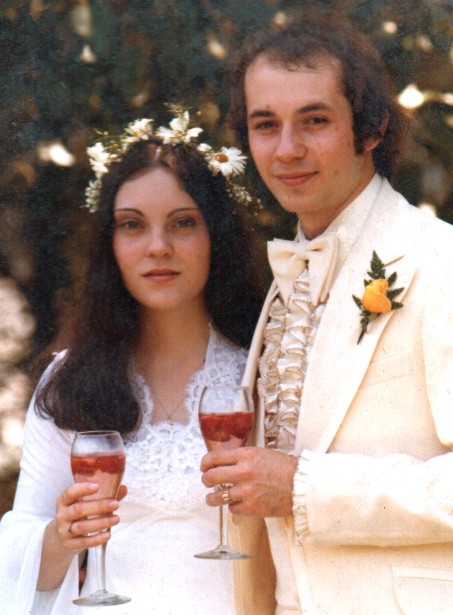
To a writer, point of view is everything. It makes – or breaks – characters. It plays into conflict. It spins a story forward. In fact, no decision a writer makes will impact their story more. Point of view flavors everything in the story world.
It also heavily flavors our own lives. Today I’m going for my first Covid vaccine, and I’ve never been this excited to get a shot. Most of my family and close friends are on board and have either gotten their first jab or are waiting to book. From their point of view, the decision to get it is a no-brainer. But not everyone shares that sentiment.
The topic of the vaccine came up last week while we were walking Team Sheltie. We stopped to say hi and admire a dog belonging to a couple we’ve seen only a few times. I asked if they’d had their shot yet. They hesitated before responding, and I had the fleeting thought that perhaps I should have asked ‘how do you feel about the vaccine?” Fortunately, they weren’t offended and responded by saying they were getting it in a few days.
I should have remembered that hesitancy on their part when I asked one of my cousins if she’d registered yet for her shot. She danced around the issue for a while before finally saying she wasn’t about to subject herself to changes in her DNA or a possible microchip implant. She was serious, and I was momentarily speechless.
It’s a point of view, a perspective I’ve read about but never expected to hear from someone I loved and respected.
Point of view is everything. Not just for writers, but for all of us. It flavors everything we do: our relationships and our choices, our lifestyles and our attitudes. It flavors consequences too. And these days, some of those consequences can be far-reaching.











Comments